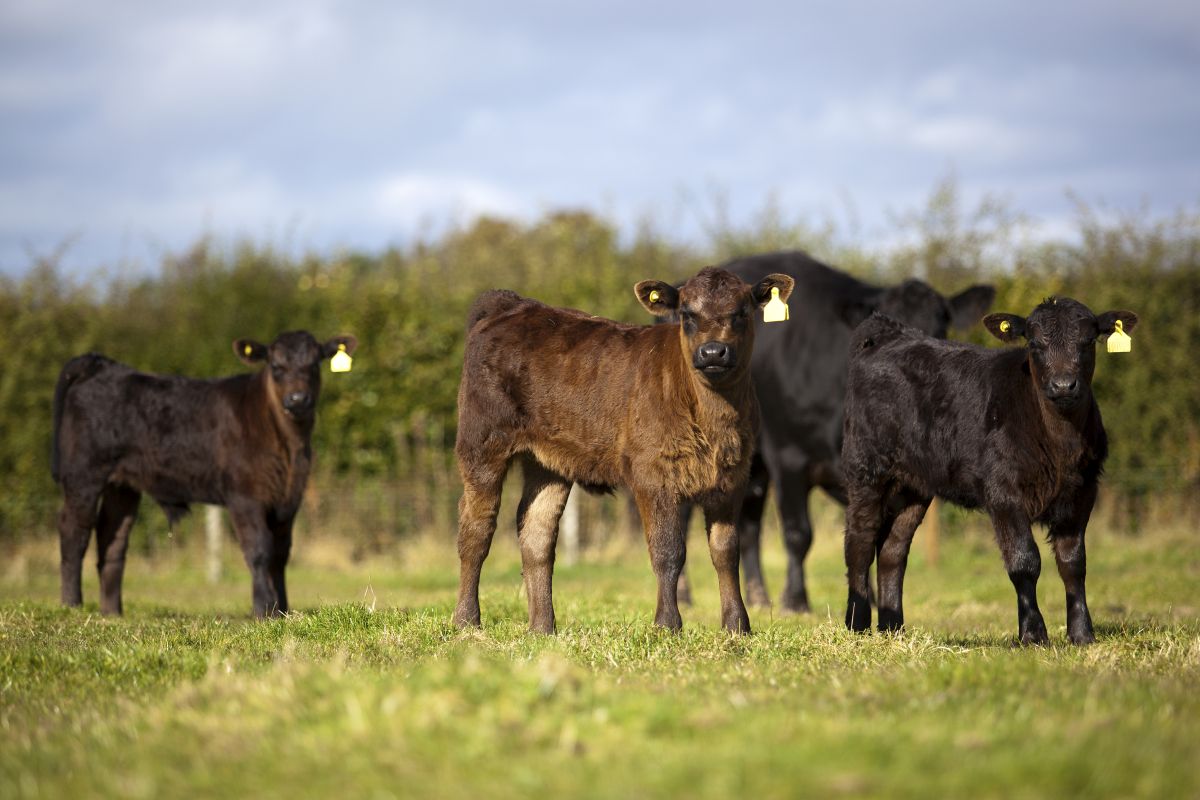
The World Organisation for Animal Health's Scientific Commission has recommended that Northern Ireland be recognised as having 'negligible risk' for BSE, or better known as 'mad cow' disease.
The move to 'negligible risk' status would help Northern Ireland improve its global image and may help in accessing new markets abroad.
The recommendation comes after the Department of Agriculture, Environment and Rural Affairs (DAERA) submitted an application for negligible risk status to the World Organisation for Animal Health (OIE) in 2016.
Currently Northern Ireland has Controlled Risk status, as does Great Britain and the Republic of Ireland.
The Ulster Farmers’ Union says that the recommendation that Northern Ireland be recognised as an area having negligible risk for BSE is encouraging news and emphasises how close Northern Ireland is to receiving official BSE negligible risk (BSE NR) status.
Commenting on the recent announcement, UFU Deputy President, Victor Chestnutt said, “The UFU have been pressing DARD, now DAERA, since December 2015 to prioritise this application, seeing it as a way to dismantle costly BSE controls that are no longer proportionate to the risk."
Access to new markets
He added that while the current 'controlled risk' status opened many markets, the NR status would send 'a more positive image' of our animal health status to countries the local beef industry wants to access.
"Our industry has worked hard to get into a position where we can supply a product that meets world-leading standards.
"However we have been held back by the stigma associated with BSE as we try to access new markets," said Mr Mr Chestnutt.
He added that Northern Ireland has the right credentials for 'BSE negligible risk status' and it is hoped the outcome will be positive at the World Organisation for Animal Health (OIE) annual congress in Paris, May 2017.
